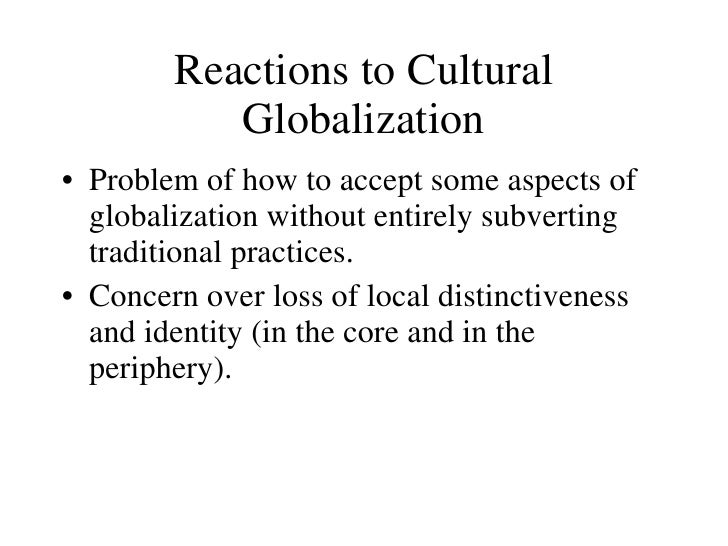Each document is introduced with an explanation of its context and linked to related articles in Volume 1. Unlike previous infectious diseases, which tended to be connected to poor environments, the epicentres of the COVID-19 pandemic have been the wealthiest metropolises of industrialised countries. This column argues that the population concentration in large cities has provoked an even more intensive agglomeration of social and economic activities in high-interaction environments, driving urban development but also fostering conditions for the spread of COVID-19. While many economists attributed much of the insecurity to technological change – sophisticated new machines displacing low-skilled workers – Rodrik suggested that the process of globalisation should shoulder more of the blame. It was, in particular, the competition between workers in developing and developed countries that helped drive down wages and job security for workers in developed countries.
For instance, Parekh argues that despite feminist gains in expanding international refugee conventions to recognize gender-related persecution, many states sill regard some forms of gender injustice as too apolitical or insignificant to warrant asylum . Accounting for the ways in which structural injustices modulate and amplify gender-based harms can lead to more inclusive—and better justified—conceptualizations of gender persecution. Similarly, Meyers argues that an adequate understanding of the coercive nature of severe poverty supports broadening the conventional definition of refugeehood to include economic refugees, many of whom are women . Despite these common aims and methodological commitments, feminists have analyzed globalization from a number of different theoretical perspectives. Below, we examine three prominent approaches to globalization, developed by postcolonial and decolonial, transnational, and ethics of care feminists. Although it is not possible to draw sharp boundaries around these theoretical perspectives, we identify some distinctive features of each.
- One of the major potential benefits of globalization is to provide opportunities for reducing macroeconomic volatility on output and consumption via diversification of risk.
- Some believe that new feminist ideals, such as relational understandings of power, collective responsibility, and mutual dependence, are needed to diagnose the gender injustices associated with globalization .
- Because of corn’s importance to Mexico, when it negotiated Nafta it was promised 15 years to gradually raise the amount of corn that could enter the country without tariffs.
- Trade liberalization has led to the wide-scale movement of once well-paying manufacturing jobs in the global North to low wage, export processing or free trade zones in the global South.
- Using these definitions, some industrialized countries are the United Kingdom, Belgium, Denmark, Finland, France, Germany, Japan, Luxembourg, Norway, Sweden, Switzerland, and the United States.
- Overwhelmingly, people – 83 per cent – believed that globalisation problems benefits the economy and Singaporeans in general.
They discovered that the average monthly income of workers in garment-export factories was 86 percent above that of other wage workers living in the same slum neighborhoods. Outside of the factories, people selling things in the street or carrying bricks on building sites earn less than we do. But for me this job means that my children will have enough to eat and that their lives can improve. A host of factors, many unforeseeable, will determine the course of globalization. But it is useful to try to isolate the most important drivers and those that are already apparent.
INTEGRATION INTO the international economy brings not only opportunities but also problems. Even when new jobs are better than the old ones, the transition can be wrenching. Most poor countries provide very little effective social protection to help people who have lost their jobs and not yet found new ones. Moreover, vast numbers of the poor work on their own small farms or for household enterprises. The major constraints they usually face are domestic, such as lack of access to credit, poor infrastructure, venal government officials and insecure land rights. Weak states, unaccountable regimes, lopsided wealth distribution, and inept or corrupt politicians and bureaucrats often combine to block out the opportunities for the poor.
The current study intended to explore the believe of primary school teachers on integrating Balinese local value called Tri Hita Karana in teaching character education. This study was a survey study followed by 94 elementary school teachers. A program to permit larger numbers of unskilled workers into rich countries as guest workers would do more to reduce world poverty than other forms of international integration, such as trade liberalization, can. While the two sides approach it from opposite ends and have very different values, they attribute some common problems to globalization. For both, globalization is associated with across-the-board liberalization, growing inequality, financial crisis, and a sense of not being able to control one’s own economic and social destiny. COVID-19 has in many ways reinforced the belief that the pandemic wouldn’t have been as bad if we weren’t so open.
Democracy aids social stability, empowers the free flow of information, and promotes a decentralized economy upon which efficient and equitable economies rely. Extending IMF and WTO voting rights to developing countries, along with public accountability, would be a good start. One of the major potential benefits of globalization is to provide opportunities for reducing macroeconomic volatility on output and consumption via diversification of risk. However, the specialization of production, based on the concept of comparative advantage, can also lead to higher volatility in specific industries within an economy and society of a nation. As time passes, successful companies, independent of size, will be the ones that are part of the global economy.
The sales abroad of Amazon, Apple, Facebook and Microsoft are equivalent to just 1.3% of world exports. In many developed nations today, there are large organizations, lobbyists, and affluent people who are associated with legislative issues. This allows them to have an arrangement of guidelines and laws which are in their favor.
